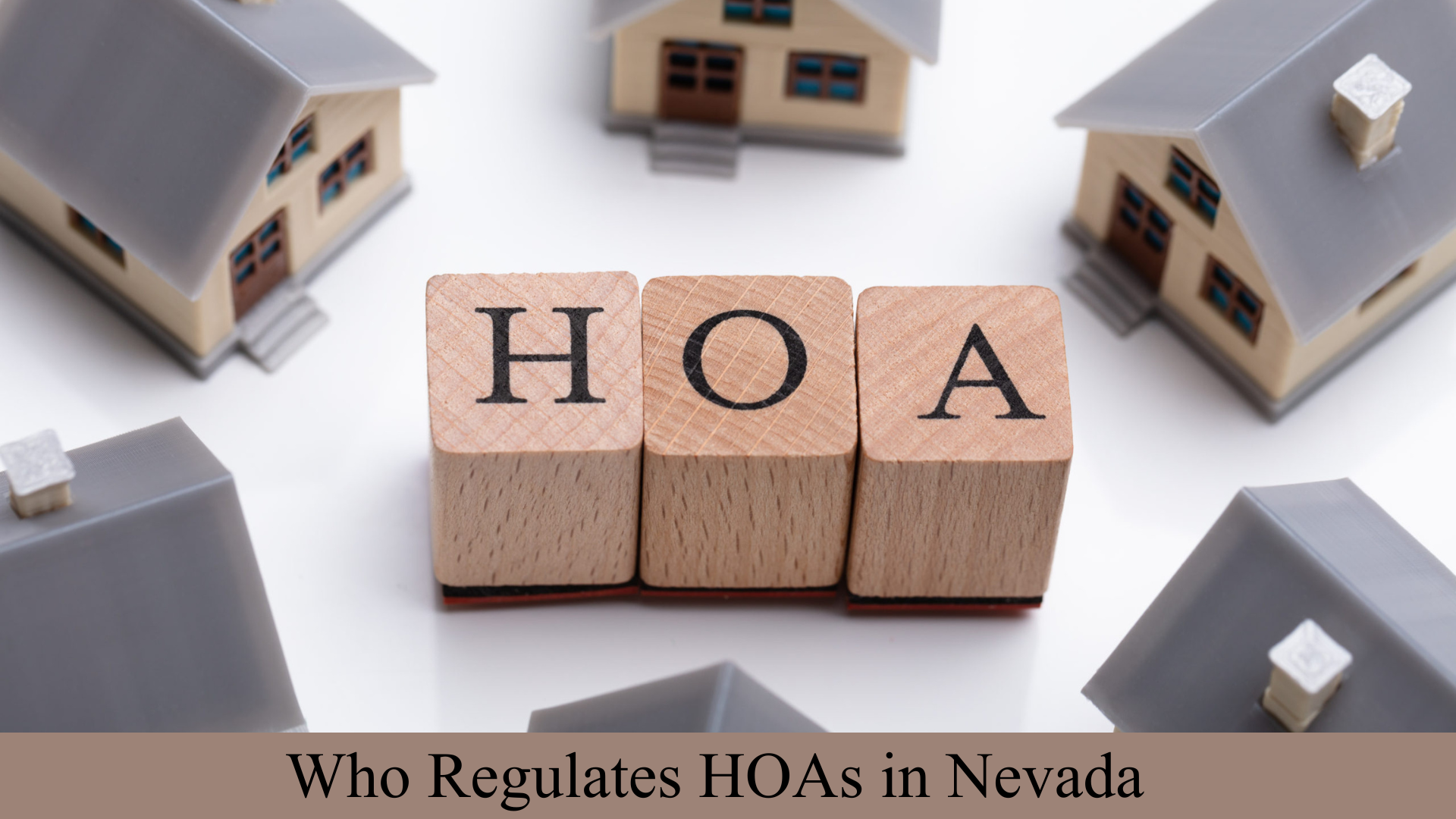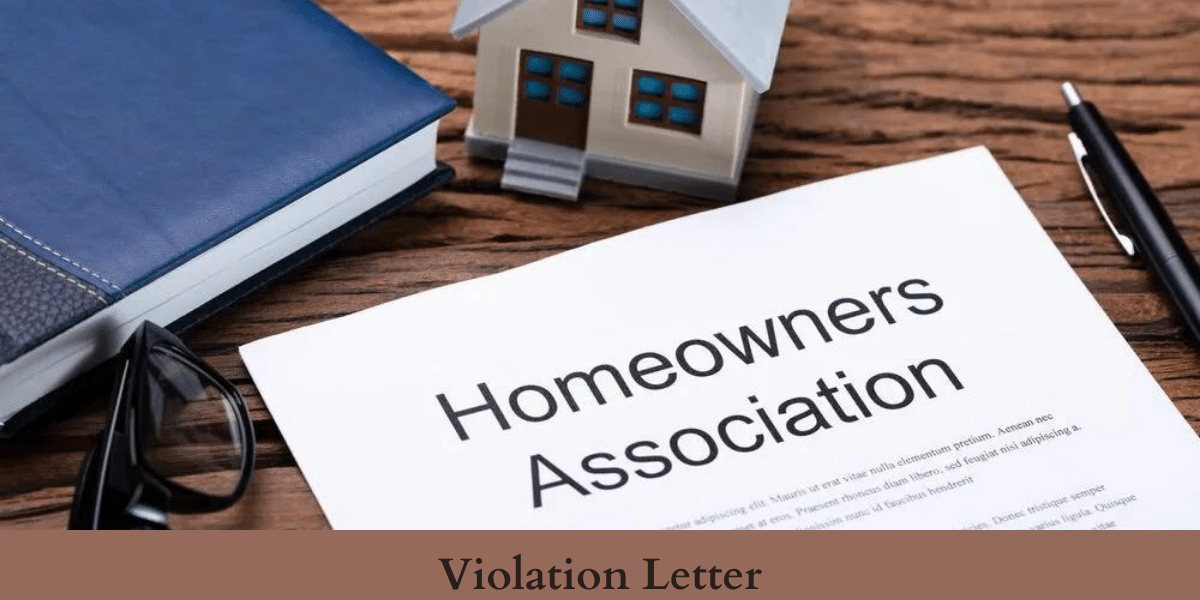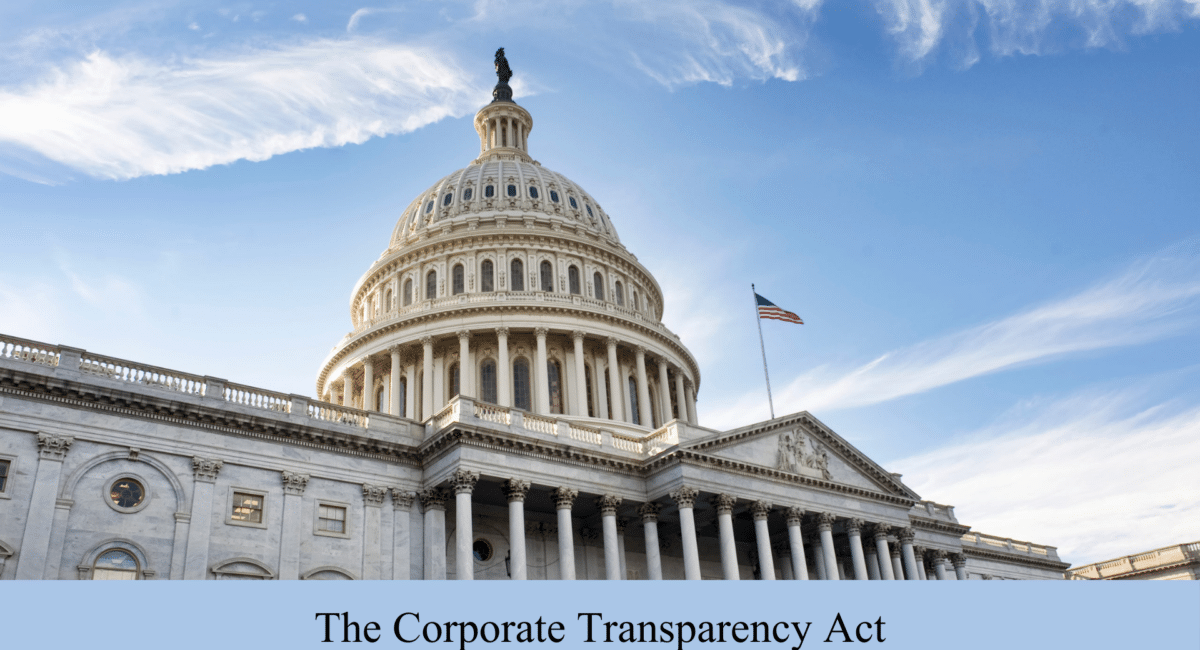ISAACSON LAW BLOG
Legislative Update April 16, 2021

Legislative Update April 16, 2021
The 81st Legislative Session is passing quickly and on April 12, 2021, we passed day sixty eight of 120. Day sixty-eight carries with it some important implications for pending legislation. With limited exceptions, to move forward draft bills must have made it out of their initial committee assignments by day sixty-eight. Otherwise, they die and are no longer just a bill sitting on Capital Hill. Several bills which would have revised the statutes governing common-interest communities have failed to meet that sixty-eight-day deadline. Though other legislation could be amended to include certain provisions, those bills that have failed include the following:
Senate Bill 144 – As it relates to community association’s this has been one of the more hotly contested bills of the 81st Legislative Session. If passed, SB144 would have required associations to create and maintain secure websites through which owners could review their accounts and make payments. This would have been a significant and burdensome cost to many associations. Additionally, SB144 would have eliminated non-judicial foreclosures. This would have significantly increased the costs of conducting foreclosures. CAI actively lobbied against the bill which failed to make it out of the Judiciary Committee.
Senate Bill 257 – If enacted, SB 257 would have altered the requirement that an Association carry property insurance for the units in a townhome or duplex community. Current law provides that in townhome and condominium communities, to the extent reasonably available, the association must obtain insurance which covers both the common areas and the individual units, but not the betterments homeowners may have made to those units.
Assembly Bill 295 – This bill would have amended NRS 116.31175 and required any contracts to which the association is a party and all records filed with a court relating to a civil or criminal action to which the association is party, to be provided within 21 days of receiving a written request from a unit’s owner or the Ombudsman. The bill would have further amended NRS 116.3118 to require that an association’s records be provided in electronic format.
Assembly Bill 339 – AB339 would have established a process whereby an association could rehabilitate and lease an abandoned residential property. However, this would only have been in the instance where no mortgage existed, making it a very unlikely circumstance.
Though several bills have died, other legislation remains pending that may affect Nevada community associations. That legislation which remains pending includes the following:
Senate Bill 72 – This legislation is being championed by the Real Estate Division and seeks to make several changes to the provisions of NRS Chapter 116. It has been passed by the Senate and is now pending before the Assembly Committee on Government Affairs. If adopted, SB72 will have a significant effect on how Association’s approach various matters, including fines and hearings. Those proposed changes include:
- – Limitation on Fines. A proposed revision to NRS 116.31031.1 seeks to place a limitation on the amount a homeowner can be fined. That limit would be $1,000 for each violation or a total amount of $1,000 per hearing against each unit’s owner, tenant or invitee.
- – Fines for Actions of Invitees. NRS 116.31031.2 currently provides that a unit owner cannot be fined for actions committed by an invitee unless the owner either participated in or authorized the violation, had prior notice of the violation, or had the opportunity to stop the violation and failed to do so. SB72 seeks to make this same language applicable to a tenant, thereby cutting off the ability of an association to fine a tenant unless he or she either participated in or authorized the violation, had prior notice of the violation, or had the opportunity to stop the violation and failed to do so.
SB72 does, however, create a possible exception to where an association may fine the units’ owner or tenant for an invitee’s actions. That is, if the violation poses an imminent threat of causing substantial adverse effect on the health, safety or welfare of the units’ owners or residents of the common-interest community, which may prove to be a rather limited scenario.
- – Opportunity to Cure Violations. The proposed legislation further seeks to amend NRS 116.31031.7 by limiting any fine for a continuing violation to the same or less than the original fine issued. A possible downside of this may be to encourage association boards to make the initial fine as large as possible as to allow greater fines for a continuing violation. The statute does, however, clarify that any continuing fines will not be subject to the $1,000 limit proposed in NRS 116.31031.1.
- – Executive Board Meetings. Amendments are further proposed to NRS 116.31085 regarding the rights of owners to speak at certain meetings and what may be discussed in an executive board meeting.
Existing law provides that the executive board may only meet with an attorney in executive session on matters relating to propose or pending litigation. If adopted, SB72 would eliminate that restriction and allow the executive board to meet with an attorney in executive session on any matter that may be protected by the attorney-client privilege.
In the event an individual wishes to have a hearing on a violation of the governing documents conducted in an open hearing, the proposed amendments to NRS 116.31085.4 would provide that the hearing must be conducted in an executive board meeting and that the person who is the subject of the hearing is entitled to receive written notice of the board’s decision within a reasonable time. Moreover, the period to cure a violation before it becomes a continuing violation would not commence until the board’s decision is provided to the person accused of violating the governing documents.
Senate Bill 254 – SB254 was passed out of committee but is pending before the Senate. If passed, it would grant the Nevada Equal Rights Commission a broad new set of powers. Among them would be the ability to investigate claims of discrimination in housing, to enter into conciliation (settlement and oversight) agreements, hold public hearings and to enter findings of discriminatory practices. Where discrimination is found to exist, fines of up to $16,000 could be imposed for a first offense in addition to other corrective action. These functions would be very similar to those powers granted to HUD under Federal law.
In addition to race, color, religion, sex, age, disability, sexual orientation, gender identity or expression and national origin, the bill would add familial status to those categories for which discrimination is banned under State law.
Assembly Bill 237 – AB237 has been passed out of the Assembly and is now before the Senate. If enacted, AB237 would establish a process for the Commission for Common-Interest Communities to investigate complaints alleging overcharging within a common-interest community. The legislation would further prohibit the imposition of fees not otherwise allowed by statute. AB237 would also require additional notice to any person who may have an interest in a property (banks) before the Association conducts a foreclosure sale and would require that all foreclosure sales occur on the courthouse steps.
Assembly Bill 313 – AB313 has been passed by the Assembly committee on Government Affairs and is now pending before the full Assembly. If passed, AB313 would allow elections to be conducted either by paper or electronic ballot and establishes a process for the counting of those ballots submitted. The bill further seeks to impose responsibility for any insurance deductible incurred as a resolute of a loss so long as the unit owner is provided with notice and an opportunity to be heard. AB313 also would allow the Commission for Common-Interest Communities to establish regulations for the transfer of all books, records, and documents of an association upon termination of a management company.
Upcoming Deadlines
The next deadline for any pending legislation comes on April 23, 2021, whereby the legislation must clear its first chamber – either the House or Senate. As mentioned above, AB237 has met this requirement. It, however, must be passed by the Senate by May 24, 2021, before it can be presented to the Governor for his consideration.
Isaacson Law continues to follow all legislation that may affect the rights, responsibilities, or operations of community associations in our state. Should you have questions on how this legislation may affect your community, call us at (702) 529-2559.

LOCATION
- (702) 529-2559
- 9900 Covington Cross Drive Suite 210-B Las Vegas, NV 89144
BUSINESS HOURS
Monday – Friday: 8:30am to 5:30pm
Recent Blog Posts

Who Regulates HOAs In Nevada?

Tackling HOA Violation Letters: Managing Emotions

What Are Some Common Challenges For Homeowners Associations?

